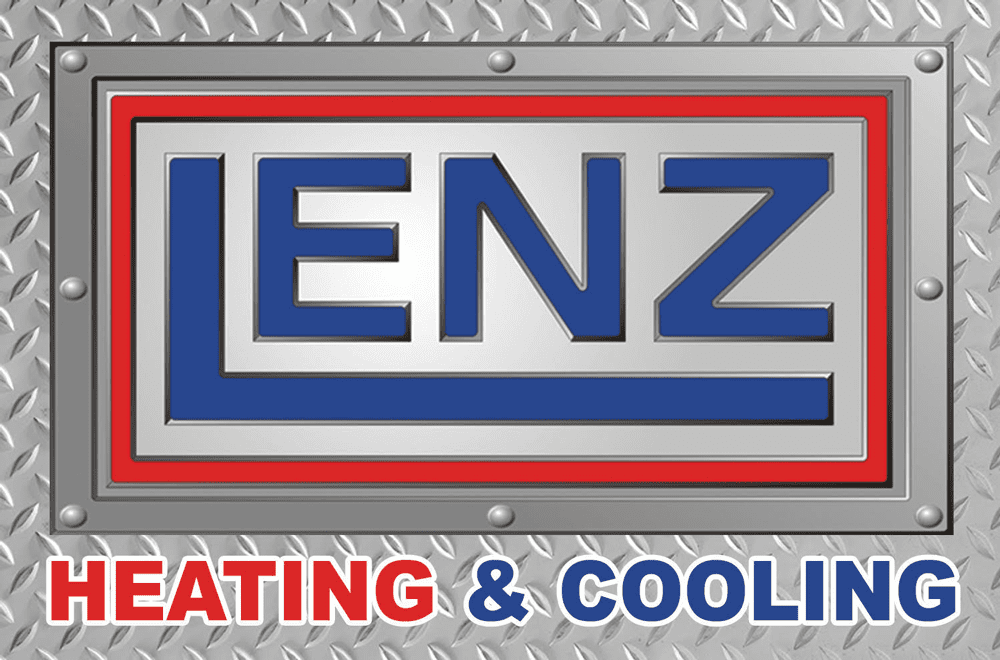The HVAC system is one of the most important and expensive parts of any home. As a result, homeowners face a difficult decision when the system starts flashing some warning signs. Homeowners must determine between repairing vs replacing.
Any homeowner facing the repair vs replace HVAC system decision needs a plan.
-
- How much will the repair cost?
-
- Is it the right time for a replacement?
-
- What is the best long term option for my home?
-
- Will a new system pay for itself in function and dependability?
Does your heating (and cooling) system seem sluggish or inefficient? Is your HVAC system simply broken? Age must also be taken into account.
According to Energy Star, replacing a 10-15 year old HVAC system generally saves up to 20% on your annual heating and cooling costs. Not sure about the age of your HVAC unit? Check the serial number to determine the age or give us a call and we can help you.
Ultimately, leaks, clogs or an aging system reduces the efficiency of your HVAC system. Fortunately, your HVAC system flashes warning signs or questions.
-
- Do you constantly adjust your thermostat to stay comfortable?
-
- Does your air conditioner or furnace make noises when it starts up?
-
- Is your home air stuffy or damp?
If you experience any of these issues, then contact a qualified Lenz technician for an inspection. Experienced technicians identify issues and provide useful information about the remaining longevity of your HVAC system.
Reasons for HVAC Repair
First, what is the general condition of your HVAC system? If the system performs well and repair calls remain rare, then repair likely works. As noted, HVAC systems generally last around 10-15 years (with differences between A/C units and furnaces), so the age of the unit matters.
Additionally, repair typically makes the most financial sense for a newer system. In the industry, new generally means less than 5 years old.
For example, is the repair simple? Does the potential repair increase home efficiency and reduce the existing energy load? If so, then repair is likely the best option.
Reasons for HVAC Replacement
The age of your HVAC unit remains a primary factor in the repair vs replace decision. For example, new HVAC systems offer substantial energy savings due to higher SEER and AFUE requirements. Also, during your annual winter tune-up, ensure the HVAC technician inspects your home ductwork. If you have any duct problems, then you may have more issues at the root of the possible HVAC concerns.
Finally, the industry and Consumer Reports promote this rule. The rule provides a process that yields repairing the HVAC unit.
-
- Is the repair cost less than 30% of the HVAC system value? If yes, then repair may be the better option.
-
- Has your utility bill increased by 50% due to age and inefficiency of the system? If yes, then replace may be the better option.
-
- Have you had significant repair or maintenance costs since installing your HVAC system? If no, then repair may be the better option.
Expected Time in Your Home
Homeowners that opt for a replacement should consider the expected time in their home. Do you plan to live in your home within the payback period? If not, then repair might make more financial sense.
Take Away Again, the HVAC system is one of the most crucial and expensive parts of any home. Therefore, deciding to repair or replace is a very important decision to make. Just remember this rule of thumb: Replace if the repairs cost more than 30% of the replacement cost or when your utility bill has increased by 50% due to the age and inefficiency of your HVAC system.
